
Improving the Standard Tieback Technique
Surgeons have honed a new approach to correct airway collapse in horses.

Surgeons have honed a new approach to correct airway collapse in horses.
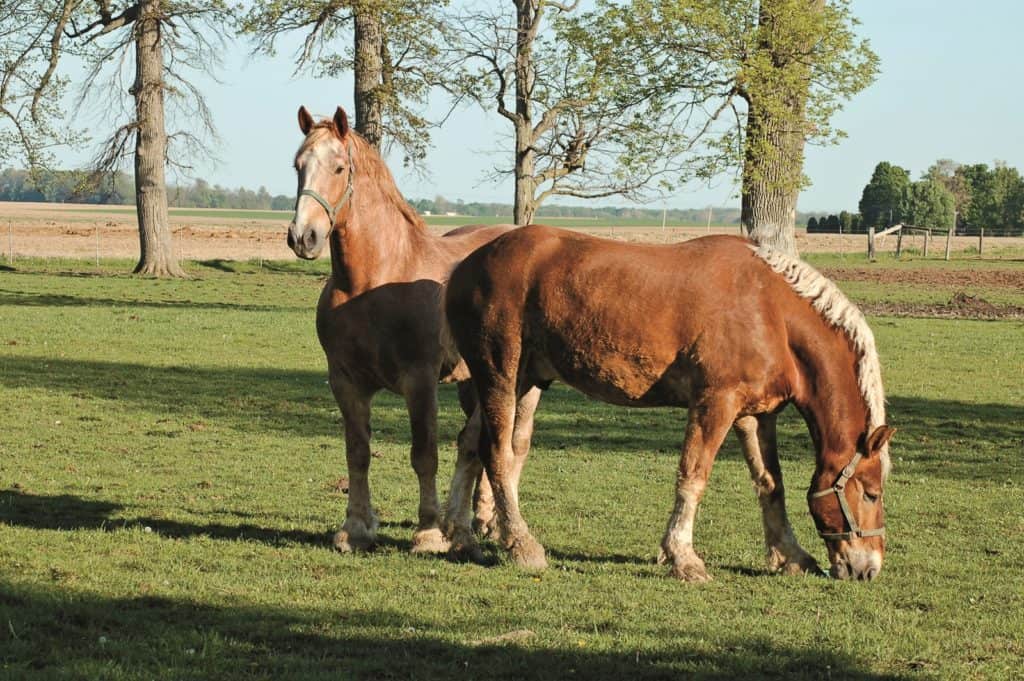
This could allow improved treatments and management for the disorder, as well as improved welfare for affected horses.

Diseases and abnormalities of the upper airway are some of the main reasons for poor performance in sport horses.
Research topics include musculoskeletal and respiratory issues, parasites on stud farms, early pregnancy loss, and more.

Recaps of studies on colic outcomes, treatments for joint problems, respiratory surgery, and more.
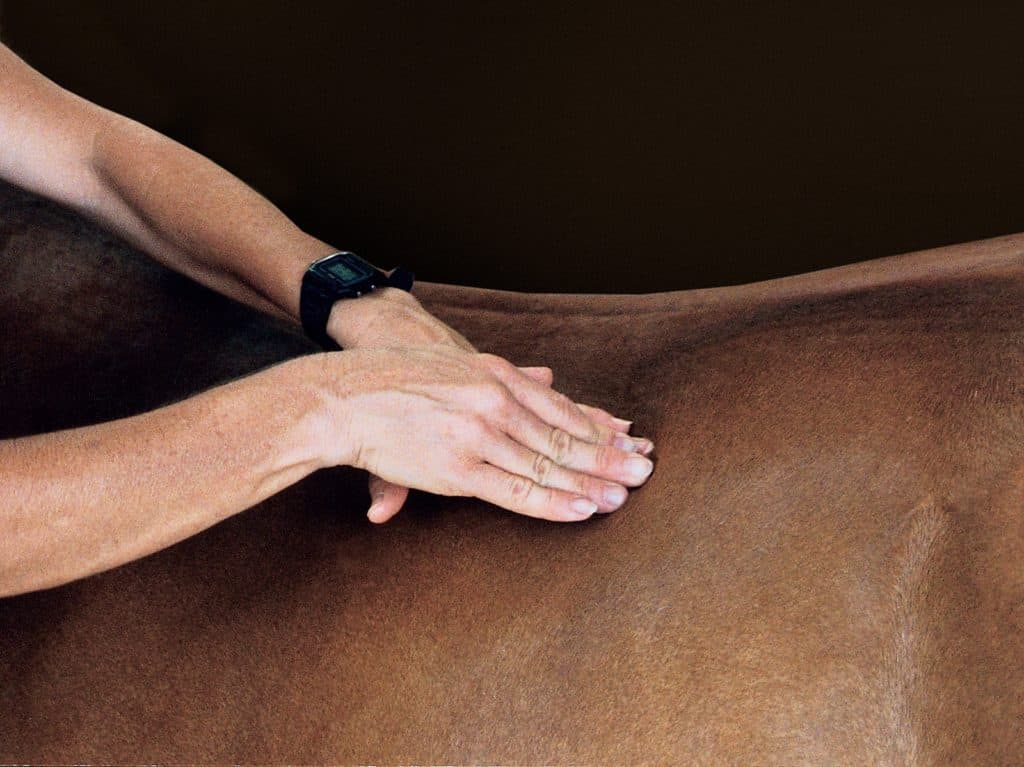
An FEI veterinarian and her on-staff equine sports therapist join us to answer your questions about keeping your equine athlete performing at his best.
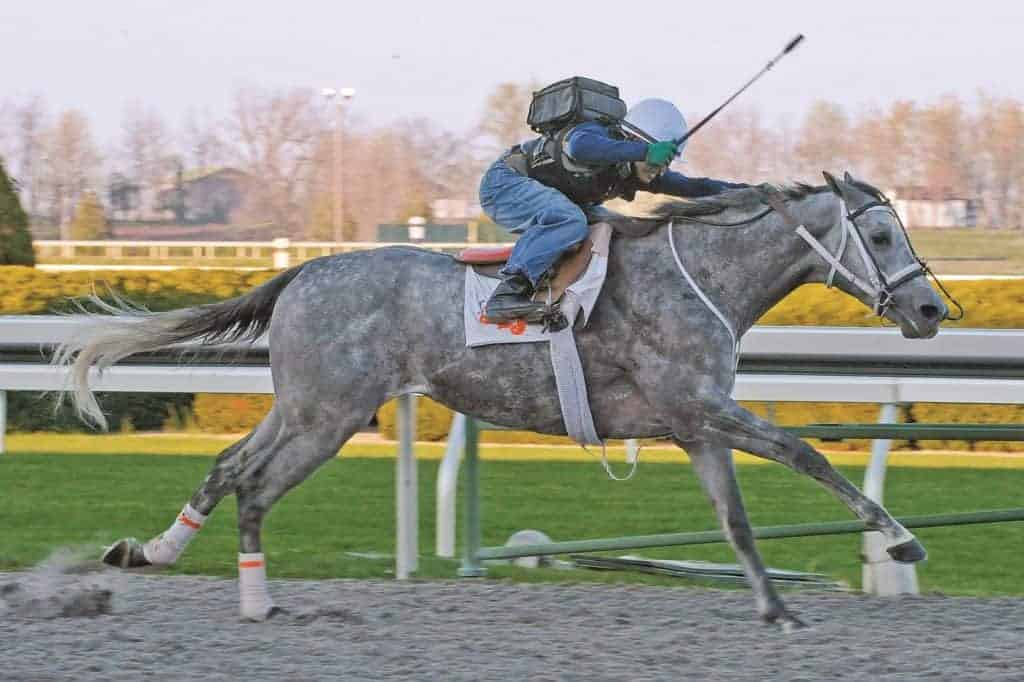
Vets can evaluate and treat performance-limiting respiratory problems to help return the patient to peak performance.
Rutgers and University of Minnesota researchers are studying genetic factors underlying musculoskeletal diseases.
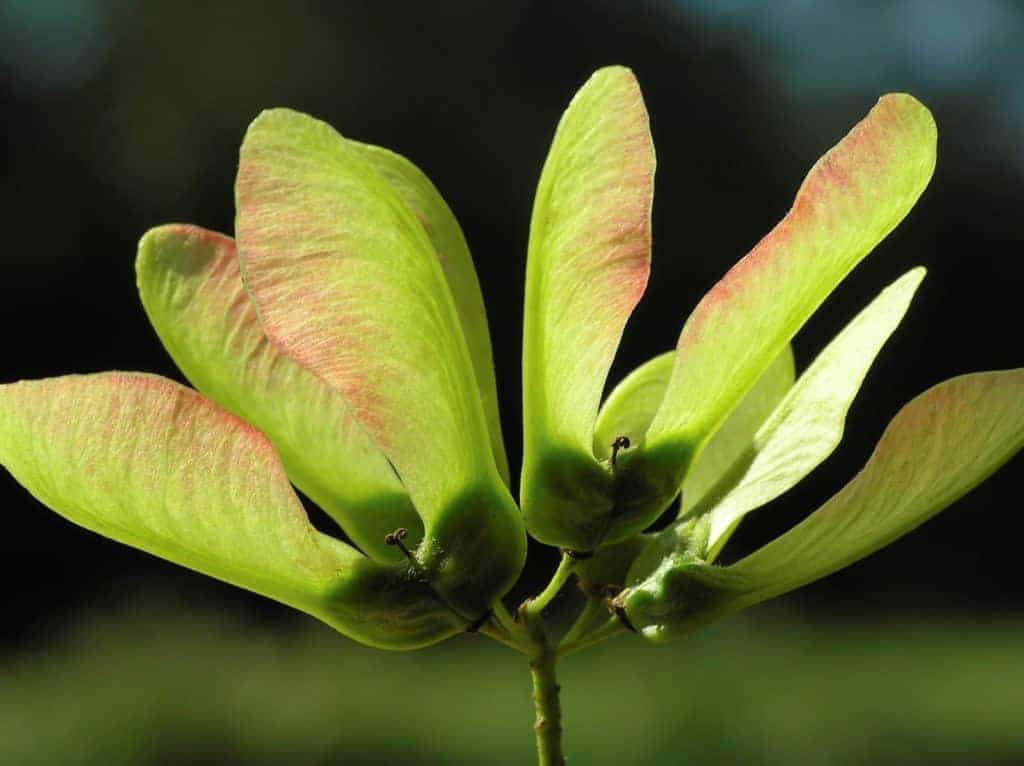
Specific bloodwork showed differences between horses with atypical myopathy that survived and those that died.

A correct diet can make these sometimes-debilitating conditions manageable.

Find out what the equine genome can tell us about our horses and preventing genetic disease.

Bringing a horse back to work after injury takes time, patience, and often the guidance of trusted professionals. Learn about management techniques and new therapy options that can help horses heal.
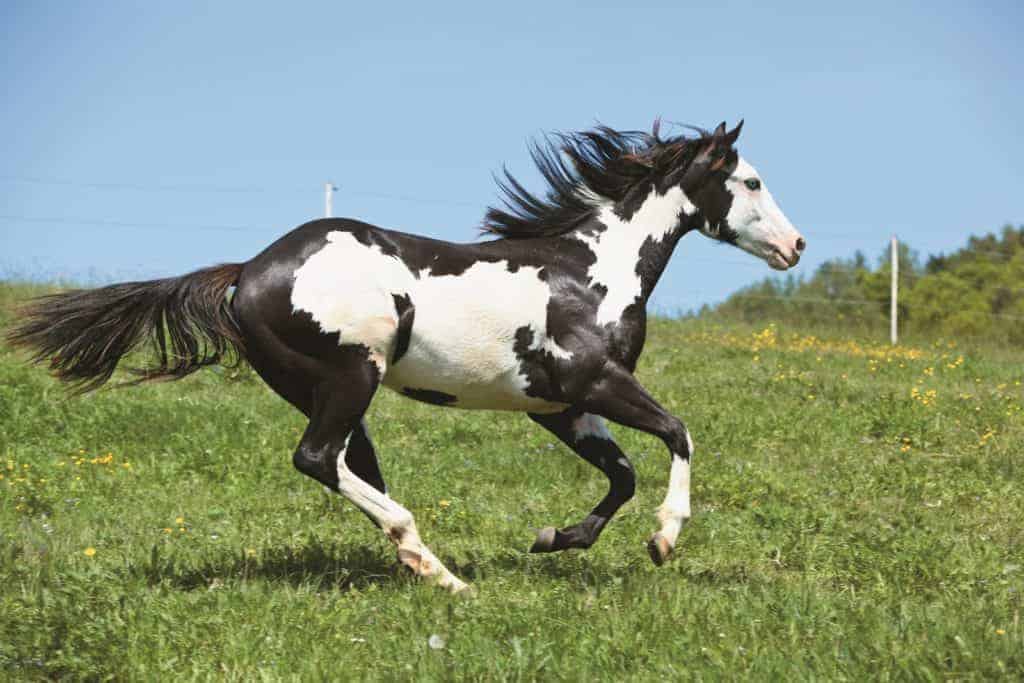
By knowing what conditions certain horses are predisposed to, owners and breeders can take preventive steps.

Testing for and identifying which horses could potentially be affected by genetic conditions is important not only for buyers and breeders but also for the overall health of the breed itself.

During exercise skin temperature under boots or wraps increases significantly–in a recent study sometimes more than 30%. Whether that leg temperature increase is good or bad, though, remains to be determined.

Equine muscle expert Dr. Stephanie Valberg explains the differences between these two diseases that cause horses to tie up.
Stay on top of the most recent Horse Health news with
"*" indicates required fields